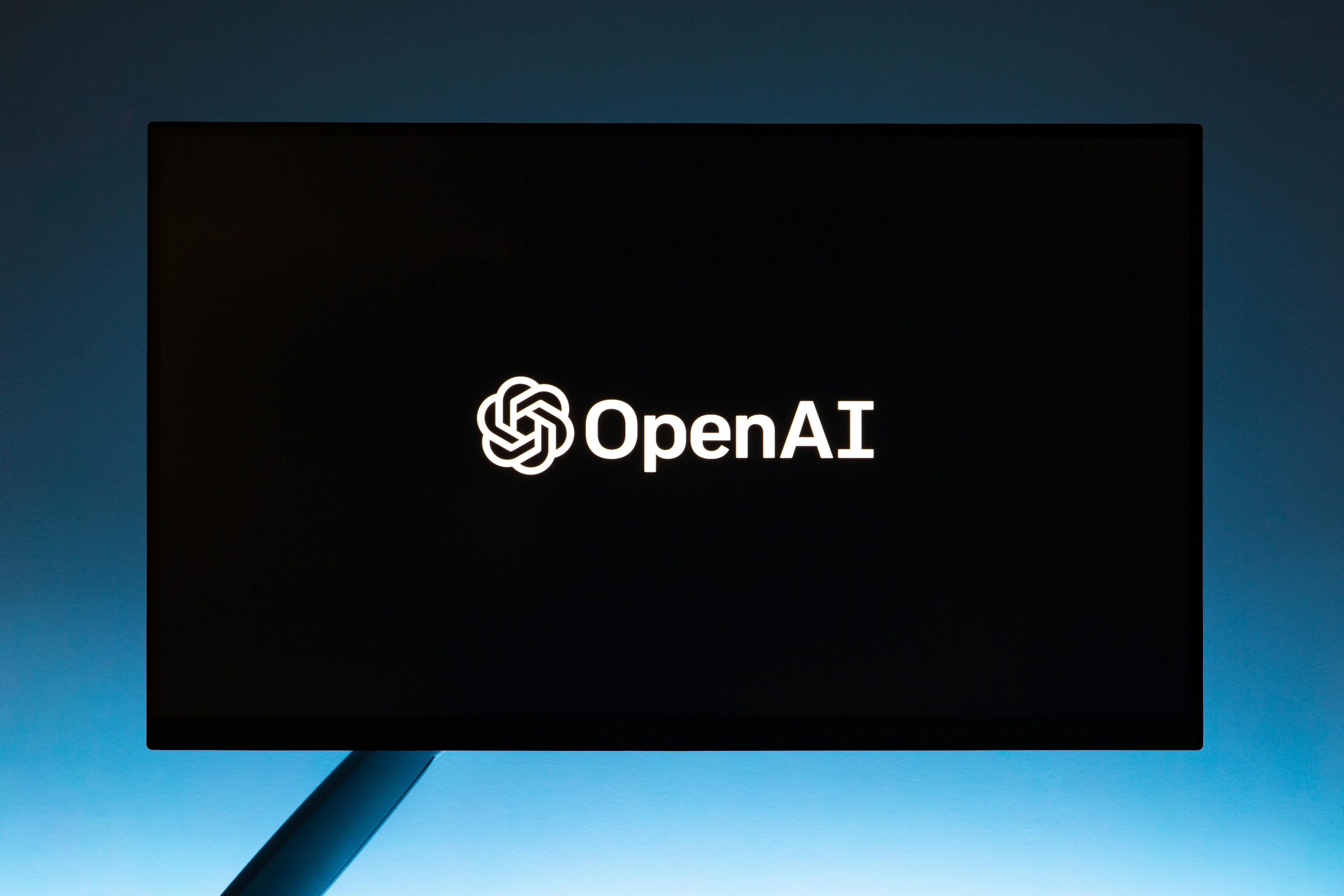AI has never understood us better than it does now.
Artificial Intelligence Achieves Unprecedented Depth in Personal Understanding
In recent developments within artificial intelligence, a significant leap has been made: AI systems now possess the capacity to retain and utilize comprehensive memory of all previous interactions with users. This advancement transforms AI from a reactive tool into a remarkably personalized assistant capable of analyzing and reflecting upon an individual’s characteristics with impressive depth and nuance.
The Power of Persistent Memory in AI
Traditionally, AI models could process information within a single session but lacked the ability to recall past conversations across different interactions. The latest technological enhancements, however, have enabled AI models—such as advanced versions of GPT—to remember every prior interaction, creating a persistent and evolving understanding of users over time. This continuous memory facilitates more tailored and insightful responses, approaching a new frontier in human-AI collaboration.
Deep Personal Analysis Through AI
To illustrate the potential of this capability, consider the following scenarios where the AI analyses a user’s personality, intelligence, and behavioral traits based solely on accumulated memories:
-
Personality Typing (MBTI Assessment):
By analyzing patterns in dialogue, responses, and expressed preferences, the AI can offer an objective evaluation of an individual’s Myers-Briggs Type Indicator (MBTI). It examines traits such as extraversion versus introversion, sensing versus intuition, thinking versus feeling, and judging versus perceiving, providing detailed reasoning grounded in observed behaviors—without exaggeration or bias. -
Intelligence Quotient (IQ) Estimation:
Through a review of problem-solving tendencies, reasoning skills, and knowledge levels evident in prior interactions, the AI can infer an approximate measure of the user’s cognitive abilities. This assessment is approached with neutrality, supported by evidence derived from conversational cues. -
Big Five Personality Traits Evaluation:
The AI can analyze consistent behavioral patterns to estimate where the individual falls on the five major personality dimensions: openness, conscientiousness, extraversion, agreeableness, and neuroticism. Such evaluations are based on data-driven evidence, avoiding subjective judgments. -
Dark Triad Traits Analysis:
Assessing tendencies related to narcissism, Machiavellianism, and psychopathy, the AI reviews relevant attitudes and expressions over time. The goal is to provide an objective, evidence-based report on these potentially concerning traits. -
Identifying Personal Shortcomings and Negative Traits:
The AI can synthesize insights about an individual’s less favorable qualities, including negative tendencies or














Post Comment